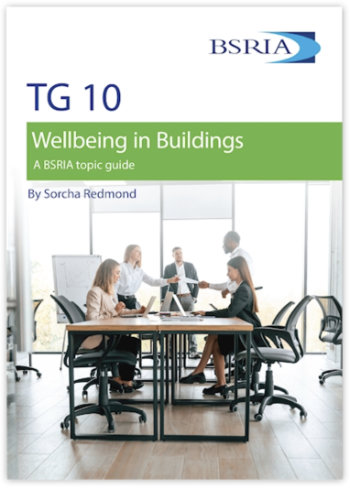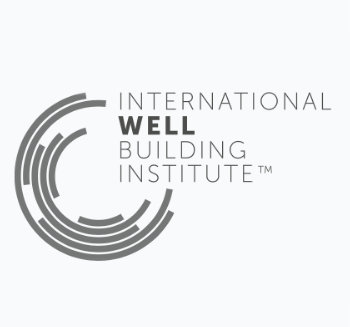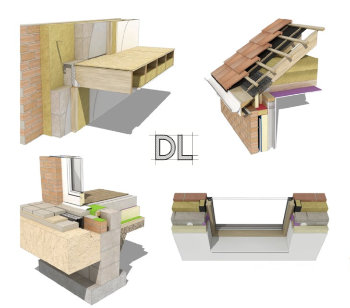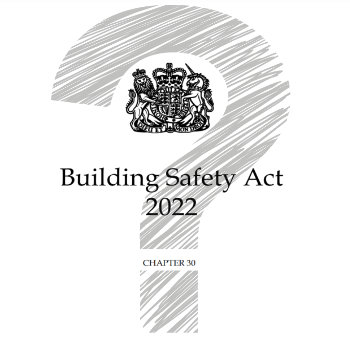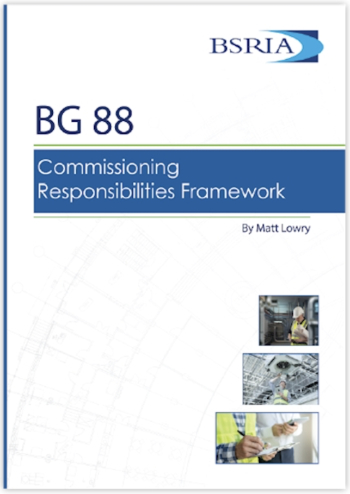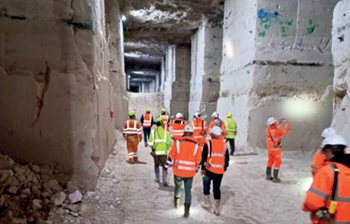Endorsement
In the context of the UK construction industry, the term "endorsement" may refer to an official approval or support given to a person, product, practice, or service, signifying that it meets certain standards or criteria.
For example:
- Endorsement can involve professional bodies or institutions approving an individual's qualifications, experience, or expertise. For example, chartered status from bodies like the Royal Institution of Chartered Surveyors (RICS) or the Chartered Institute of Building (CIOB) is an endorsement of a professional’s capabilities and adherence to industry standards.
- Products and materials used in construction might be endorsed by regulatory bodies or industry groups. This indicates that they meet specific safety, quality, and performance standards. For example, products might receive endorsement from the British Board of Agrément (BBA), which provides certification for construction products and systems.
- Endorsement can also apply to health and safety practices. Organisations like the Health and Safety Executive (HSE) may endorse certain methods, equipment, or training that complies with safety regulations.
- Large-scale projects might require endorsements from various regulatory bodies, local councils, or other stakeholders. This can include environmental impact assessments, planning permissions, and compliance with building regulations.
- Endorsements related to sustainability and environmental impact are increasingly important. Certifications such as the Programme for the Endorsement of Forest Certification PEFC.
In the context of construction contracts in the UK, "endorsement" may refer to the addition of specific clauses, agreements, or amendments to the main contract document. Any agreements reached during the course of the project, such as changes negotiated during meetings or new decisions taken by project stakeholders, can be documented through contract endorsements to formalise these agreements within the contractual framework.
Endorsements can be used to formally amend the original contract terms. This might include changes to the scope of work, project timelines, payment schedules, or any other contractual obligations. An endorsement can act as a supplemental agreement that adds new provisions or updates existing ones. This could be necessary to address issues that arise after the contract has been signed but before the project is completed.
Endorsements can provide clarification on ambiguous terms or conditions in the original contract. This ensures that all parties have a mutual understanding of their obligations and the project's requirements. Changes in laws, regulations, or industry standards might also necessitate endorsements to ensure the contract remains compliant. For example, updates to health and safety regulations or building codes could be reflected through endorsed amendments.
Sometimes, endorsements involve third-party approvals or certifications that are required to validate certain aspects of the project. This could include endorsements from regulatory bodies, certification agencies, or other authoritative entities.
Endorsements can be used to add project-specific requirements or conditions that were not initially included in the standard contract template. This ensures that all unique aspects of the project are adequately covered.
Endorsements in construction contracts need to be carefully drafted, reviewed, and agreed upon by all relevant parties to ensure they accurately reflect the intended changes and maintain the integrity of the original contract. They should also be documented in writing and properly signed to be legally binding.
[edit] Related articles on Designing Buildings
Featured articles and news
Classroom electrician courses a 'waste of money'
Say experts from the Electrical Contractors’ Association.
Wellbeing in Buildings TG 10/2025
BSRIA topic guide updates.
With brief background and WELL v2™.
From studies, to books to a new project, with founder Emma Walshaw.
Types of drawings for building design
Still one of the most popular articles the A-Z of drawings.
Who, or What Does the Building Safety Act Apply To?
From compliance to competence in brief.
The remarkable story of a Highland architect.
Commissioning Responsibilities Framework BG 88/2025
BSRIA guidance on establishing clear roles and responsibilities for commissioning tasks.
An architectural movement to love or hate.
Don’t take British stone for granted
It won’t survive on supplying the heritage sector alone.
The Constructing Excellence Value Toolkit
Driving value-based decision making in construction.
Meet CIOB event in Northern Ireland
Inspiring the next generation of construction talent.
Reasons for using MVHR systems
6 reasons for a whole-house approach to ventilation.
Supplementary Planning Documents, a reminder
As used by the City of London to introduce a Retrofit first policy.
The what, how, why and when of deposit return schemes
Circular economy steps for plastic bottles and cans in England and Northern Ireland draws.
Join forces and share Building Safety knowledge in 2025
Why and how to contribute to the Building Safety Wiki.
Reporting on Payment Practices and Performance Regs
Approved amendment coming into effect 1 March 2025.








